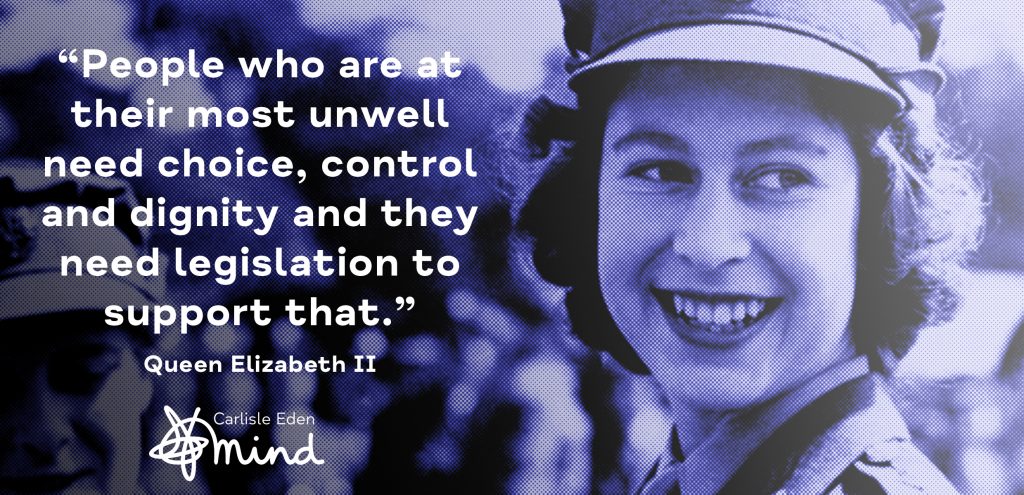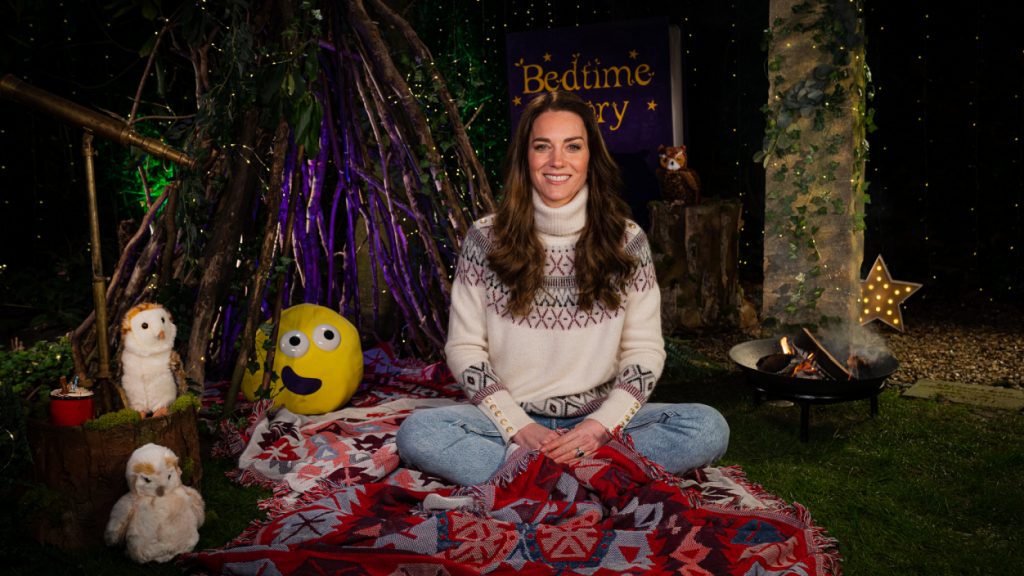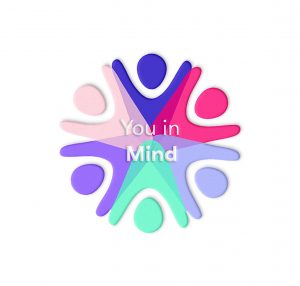
The idea of the British stiff upper lip has been traditionally synonymous with our Royal Family, but over the past few years have things have changed. Here we take a look at the effects of mental health within the Royal Family.
The Royal family has a history of mental health. However, because of the scarcity of medical knowledge at each point in history it is hard to actually define what conditions may have been present.
King George III was considered ‘mad’ but evidence now suggests he actually had a blood disease called porphyria which caused his erratic behaviour. More recently in the 80s it came out that two of the Queen’s cousins had in fact been in an institution since 1941, with no visitors since 1960. The newspapers were told they had died yet they were left there for over fifty years. These two sisters suffered from substantial learning difficulties but it still highlights the secrecy around this kind of thing even in modern history. But it’s starting to change.
Prince William
Prince William, Kate Middleton, and Prince Harry teamed up four years ago to end the stigma surrounding mental health with their “Heads Together” campaign, spearheaded by The Royal Foundation.
“Too often, people feel afraid to admit that they are struggling with their mental health,” The Duchess of Cambridge said at the time of the launch.
“This fear of judgment stops people from getting the help they need, which can destroy families and end lives. Heads Together wants to help everyone feel much more confident with their everyday mental health, and to have the practical tools to support their friends and family.”
In 2019, the Duke and Duchess of Cambridge and the Duke and Duchess of Sussex launched Shout, a 24/7 mental health text line service. By texting “SHOUT” to 85258 you can be put in touch with a trained Crisis Volunteer (CV) who will be able to support you over text.
The Duke of Cambridge explained how his time working as an air ambulance pilot impacted his mental health, saying: “I took a lot home without realizing it.
“You see many sad things every day that you think life is like that. You’re always dealing with despair and sadness and injury. The attrition builds up and you never really have the opportunity to offload anything if you’re not careful,”
Prince William
Prince William talks about the acute stress emergency responders deal with continually and campaigns to help them receive a higher standard of support.
In the documentary, “Football, Prince William, and Our Mental Health,” William spoke with former professional football player Marvin Sordell about how emotions surrounding Princess Diana’s death resurfaced when he became a parent.
“Having children is the biggest life-changing moment, it really is,” William said.
“I think when you’ve been through something traumatic in life — and that is like you say, your dad not being around, my mother dying when I was younger — your emotions come back in leaps and bounds because it’s a very different phase of life,”
“And there’s no one there to, kind of, help you, and I definitely found it very, at times, overwhelming.”
He added: “I think emotionally things come out of the blue that you don’t ever expect or maybe you think you’ve dealt with, and so I can completely relate to what you’re saying about children coming along, it’s one of the most amazing moments of life but it’s also one of the scariest.”
The Duchess of Cambridge
Kate Middleton is at the front of the Royals effort to build mental health awareness and to provide more support to front line workers. The Duchess of Cambridge has also become Patron of the Maternal Mental Health Alliance, a UK-wide charity which brings together over 100 organisations to ensure that women and families affected by perinatal mental health challenges have access to high quality, comprehensive care and support.

The Royal Foundation of The Duke and Duchess of Cambridge has granted nearly £1.8 million in supporting the frontline community and the nation’s mental health, through a bespoke fund which was set up as part of the organisation’s response to COVID-19.
“Over recent months we have all been in awe of the incredible work that frontline staff and emergency responders have been doing in response to COVID-19, but we know that for many of them, their families, and for thousands of others across the UK, the pandemic will have a lasting impact on their mental health.“
The Duchess of Cambridge
To support the nation’s mental health after Covid and the years ahead, grants were given to mental health charities to increase their capacity for helpline and chat services to meet rising demand.
Together, the grants made through the COVID-19 Response Fund ensure that:
- All emergency responders will have access to individual grief trauma counselling from Hospice UK;
- Over 250,000 emergency responders will have access to peer-to-peer support through Mind’s Blue Light programme;
- The Ambulance Staff Charity will be able to provide an additional 2,780 hours of support for the UK’s ambulance community;
- Campaign Against Living Miserably (CALM) will be able to respond to 2,300 more contacts each month;
- Shout 85258 will be able to have 250 more text message conversations with people who are struggling to cope every day;
- The Mix will expand their group chat service for young people to seven days per week;
- Teachers, children and their parents will be supported to cope with mental health needs, including self-care and managing anxiety as schools re-open, thanks to training and resources from Place2Be and The Anna Freud Centre; and
- An additional 20,000 new mothers will be supported by Best Beginnings, thanks to a community mental health training project to reach pregnant women and new parents.
Princess Diana
Princess Diana explained what it was like to be the first person in the royal family to openly speak about her experience with post-natal depression.
“I was unwell with post-natal depression, which no one ever discusses, post-natal depression, you have to read about it afterwards, and that in itself was a bit of a difficult time,” Diana said during an appearance on BBC’s Panorama in 1995.
“You’d wake up in the morning feeling you didn’t want to get out of bed, you felt misunderstood, and just very, very low in yourself.”
She added that it took her by surprise because she had “never had depression in my life.”
“I received a great deal of treatment, but I knew in myself that actually what I needed was space and time to adapt to all the different roles that had come my way,” she added.
“I knew I could do it, but I needed people to be patient and give me the space to do it.”
When asked by the interviewer what the family’s reaction to it was, Diana said: “Well maybe I was the first person ever to be in this family who ever had a depression or was ever openly tearful.
“And obviously that was daunting, because if you’ve never seen it before how do you support it?” she said.
The princess added that “it gave everybody a wonderful new label — Diana’s unstable and Diana’s mentally unbalanced.”
“And unfortunately that (stigma) seems to have stuck on and off over the years,” she said.
Supporting A Friend Recovering From Depression (cemind.org)
Prince Harry
The Duke of Sussex got candid about his mental health for the first time in 2017, which he said had been negatively impacted following the death of his mother.
“I can safely say that losing my mum at the age of 12, and therefore shutting down all of my emotions for the last 20 years, has had a quite serious effect on not only my personal life but my work as well,” he said.
He added that it was his brother who encouraged him to seek professional help.
“I have probably been very close to a complete breakdown on numerous occasions when all sorts of grief and sort of lies and misconceptions and everything are coming to you from every angle,”
He also mentioned that boxing had “saved” him because he was “on the verge of punching someone, so being able to punch someone who had pads was certainly easier.”
Harry described the loss of his mother as a “wound that festers” and said that being in front of the cameras was the “worst reminder” of her life.
“I think being part of this family, in this role, in this job, every single time I see a camera, every single time I hear a click, every single time I see a flash, it takes me straight back, so in that respect it’s the worst reminder of her life, as opposed to the best,”
Prince Charles
Prince William and Kate Middleton spoke about how self-isolation had negatively affected Prince Charles’ mental health.
“I think the hardest thing he found was having to stop, and not be able to go and get fresh air and go for a walk,” William said.
“He’s a mad walker, he loves walking. He found it quite difficult with his mental health not being able to go outside on walks.”
Queen Elizabeth II
Queen Elizabeth II has had an extraordinary life. What can the Queen teach us about leadership and work ethic?
“The world is not the most pleasant place. Eventually your parents leave you and nobody is going to go out of their way to protect you unconditionally. You need to learn to stand up for yourself and what you believe and sometimes, pardon my language, kick some ass.”

During one of the Queen’s Christmas messages, she spoke about the importance of perseverance, even at the most challenging of times: “When life seems hard, the courageous do not lie down and accept defeat; instead, they are all the more determined to struggle for a better future.”
“People who are at their most unwell need choice, control and dignity, and they legislation to support that”
There is no doubt there will have been a number of members of the Royal family who have experienced mental ill health, and maybe had help but were asked to keep it a secret. Thankfully, this is no longer the case and hopefully through their openness in these matters they can help someone else address and talk openly about how they are feeling too. It’s okay not to be okay.

















